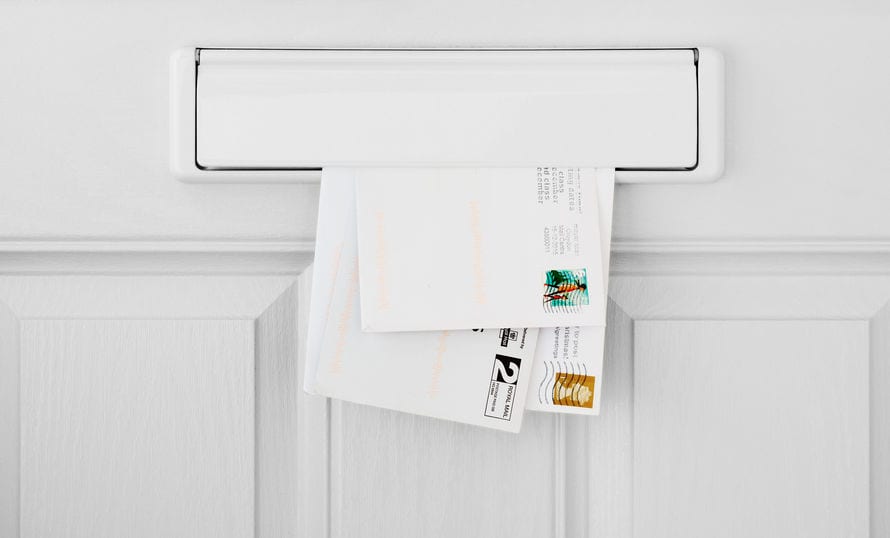The IRS sends a CP14 notice when you have an unpaid tax balance of $5 or greater. The official IRS website calls notice CP14 the First Tax Balance Due Notice. It is often the first IRS notice you receive when you have unpaid taxes.
[UPDATE: The IRS will start sending CP14 notices again in June 2022 to everyone with a tax balance due. Some IRS notices were paused earlier in the year but expect to receive a CP14 if you owe the IRS.]
IRS notices are unsettling. It is therefore understandable if you’re concerned about your CP14 and aren’t sure how to respond. Even so, no matter the situation, you have options for resolving your balance due without undue financial hardship. The worst thing you can do by comparison is ignore the notice and hope the tax issue goes away.
Here are the answers to the most asked questions about IRS CP14 notices and how to handle them.
Why Did I Receive a CP14 Notice From the IRS?
You received an IRS CP14 notice because records show you owe at least $5 in unpaid taxes. The IRS first sends a CP14 balance due notice as a result of back taxes. It precedes any aggressive tax collection efforts such as liens, levies or wage garnishment.
However, you can avoid such outcomes. Respond to the IRS balance due notice and work out a favorable payment arrangement with the IRS.
How Much Time Do I Have to Respond to a CP14 Notice?
Your CP14 notice contains a deadline date. Pay the tax balance due as soon as you can, even if you can’t pay the full amount. Doing so helps you avoid additional interest and penalties. The deadline date is typically 60 days from the date the CP14 letter was sent. That said, read yours carefully to be sure.
What If I Can’t Pay the Full Amount I Owe the IRS in the CP14 Notice?
If you receive a CP14 notice but can’t pay the full amount you owe the IRS, the last thing you should do is ignore it. In reality, the tax balance due won’t go away. Efforts by the IRS to collect it will only get more aggressive.
First, verify the amount listed on the CP14 notice with your own records and make sure they match. Given that the IRS is not infallible, they have attempted to collect tax debt from people who owed nothing. From time to time the IRS has even tried to collect from individuals owed a refund. If you believe the IRS notice CP14 was sent in error, contact the IRS and begin the CP14 dispute process.
On the other hand, if the tax debt is legitimate, but you aren’t in the financial position to pay what you owe the IRS, you have several Fresh Start Program tax relief options. If you’re facing a true financial hardship and need a fresh start with the IRS, you might qualify for an Offer in Compromise (OIC). An OIC is an agreement by which the IRS settles your tax debt for less than you owe, sometimes much less.
Another popular tax relief option is setting up an IRS payment plan or installment agreement. At least with a payment plan, you can settle your tax debt over time with smaller monthly payments. These payments are more affordable compared to lump sums since they’re based on your income and other expenses.
Will the IRS Charge Penalties and Interest If I Don’t Pay the CP14 Notice Balance?
By the time you receive a CP14 notice, the IRS already assessed late fees plus interest. If you don’t make payment arrangements by the due date, your tax balance will grow.
Who Do I Contact If I Disagree with a CP14 Notice?
Call the IRS phone number in the upper right corner of your CP14 notice to begin the CP14 dispute process.
Will I Receive Other Notices From the IRS Before They File a Tax Lien or Issue a Levy?
As long as you owe, you might receive additional IRS balance due notices (CP501, CP503, CP504, etc.) from the IRS before they begin aggressive collection efforts. That said, the IRS is not always required to send them.
Furthermore, if you ignore your CP14 notice, you risk a federal tax lien or IRS levy. This also includes wage garnishment and bank account levies.
How Can Wiztax Help?
The key is to get started. Ignoring these notices makes everything more complicated. Call us today at (866) 568-4593 to learn more about how we can help, or start here to take our free online evaluation. Regardless, we promise to save you thousands in fees.
6 Simple Questions. Free Evaluation.
Join our Newsletter
Enter your email address to join our free newsletter. Get all the latest news and updates.

